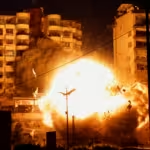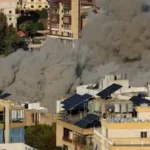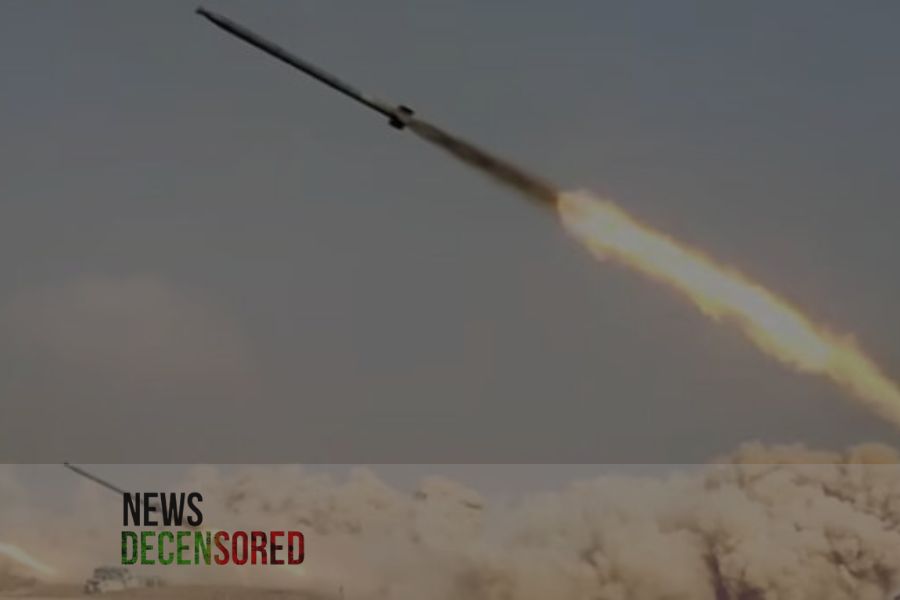The US has carried out airstrikes against 85 targets in Syria and Iraq in response to an attack on its military base in Jordan last Sunday. Iraq says US airstrikes will have devastating consequences for the region. He claims that 16 innocent civilians have been killed in the US attacks.
However, the US said its airstrikes targeted Iranian-backed groups in Iraq and Syria.”Our response will begin today,” US President Joe Biden said in a statement on Friday. This answer will be given at a time and place of our choosing. It should be noted that the White House blamed Iran-backed armed groups for the drone attack that killed three American soldiers.
Iran, on the other hand, has reiterated that it does not want war with the United States but has warned that it will respond strongly to any attack on its soil or against Iranian interests in the Middle East. Iran’s President Ibrahim Raisi emphasized this position on Friday. He said that ‘we will not start any war, but if any country or tyrannical power tries to attack, Iran will give a strong response.
The Iranian president’s statement came after reports that the US was planning attacks on Iranian targets in Syria and Iraq. It was the first time a U.S. soldier had been killed since Israel launched a large-scale military operation in Gaza in response to a Hamas offensive that has brought the region closer to a broader conflict. US President Joe Biden blamed Iran-backed militias for the attack.
On Thursday, US Defense Secretary Lloyd Austin said that the drone used in the attack was Iranian. He also said that since October 7, Iranian-backed militias in the region have targeted US bases and forces 160 times, but most of these attacks were ineffective. Iran has repeatedly denied the allegations and said that militants in the region do not receive their orders from Tehran.
Ultimately, on Saturday, the US hit around 85 militant positions in Syria and Iraq. The US Defense Secretary said the US attack would be multi-pronged and could last several days. This attack could target Iranian interests and Iranian-backed groups in Iraq and Syria.
The Biden administration has been under pressure and criticism for the delay in the US response. However, foreign policy experts believe the delay allowed Iran to withdraw its troops and avoid further tensions between the US and Iran.
Former US Secretary of Defense for the Middle East, Mick Mulroy, said this reduced the capability of Iranian-backed militias and avoided further escalation of tensions. It will not necessarily prevent future (drone) attacks. The real benefit, he says, is that the fear of direct war between the US and Iran will end.
Hossein Ebish, a fellow at the Arab Gulf States Institute in Washington, says the delay indicates that the United States will not strike inside Iran. Milroy said the US might have given the Revolutionary Guards time to withdraw their troops before attacking the installations. Analyst Bradley Bowman said the U.S. strategy destroyed the enemy so he would not attack our forces again. But not so much damage that the tension increased enormously. So, the fears of regional war stopped.















